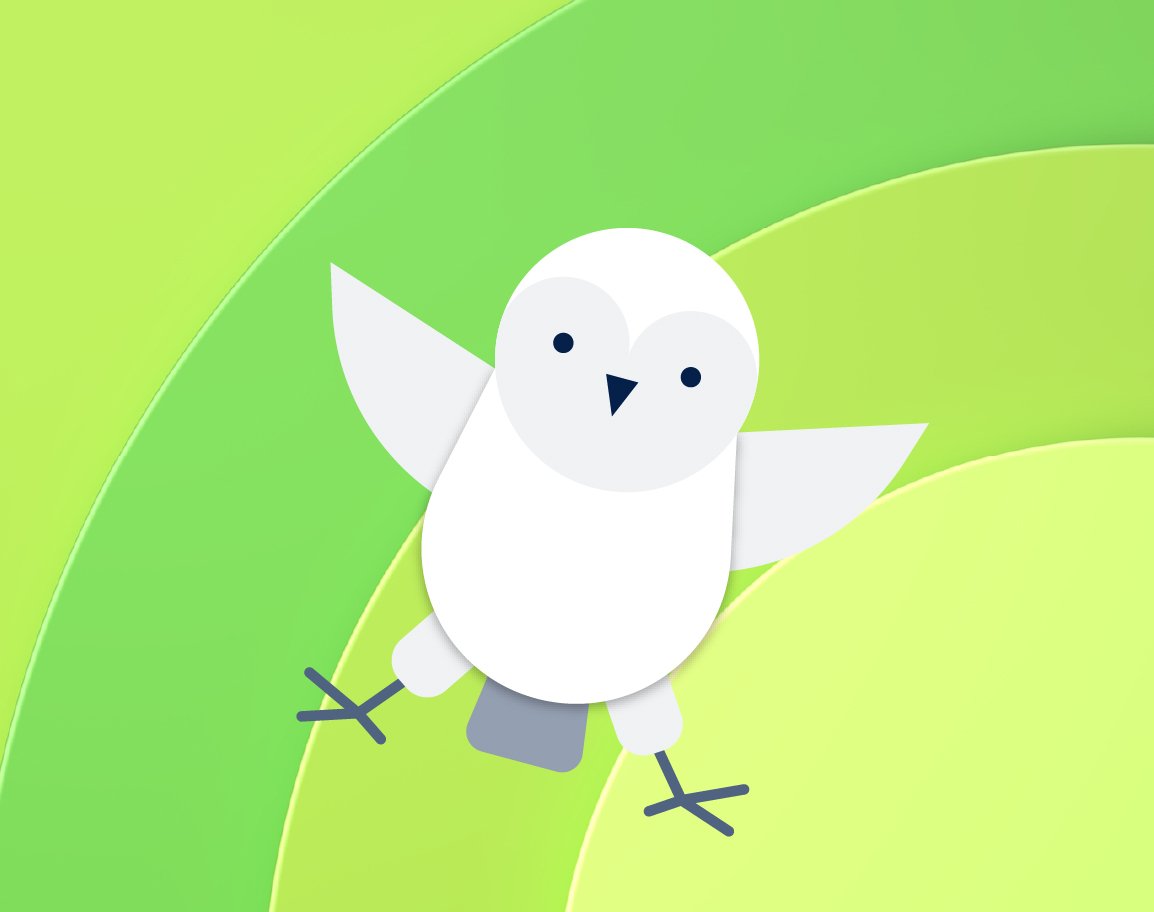If your child recently had a stroke, it's a good idea to know what symptoms may arise afterward and the resources available to treat them. This information will help you work with the medical care team to maximize your child's recovery.

Pediatric Stroke: Helping Your Child Recover
Symptoms after a pediatric stroke
After a stroke, children may have:
- Changes in mood and behavior
- Difficulty with speech or swallowing
- Fatigue
- Muscle weakness or tightness
- Changes in thinking, memory or problem-solving
- Changes in vision
- Weakness or paralysis on one side of the body
Let your child's care team know if you notice any of the symptoms listed above or if you pick up on any developmental delays in your baby or young child.
Stroke recovery and rehabilitation
Your child's rehabilitation plan will depend on the type of stroke that occurred, the stroke's effects on your child and any underlying medical conditions your child may have. Though the risk of additional strokes during childhood is low, follow-up care may include treatment to prevent future strokes. Your child's rehabilitation plan may also include:
- Physical medicine and rehabilitation. Physical medicine and rehabilitation specialists help manage and coordinate treatments for many issues that may follow a stroke. They may also provide medications for muscle tightness and supportive tools, such as braces or splints, to stabilize or stretch joints.
- Physical therapy. Physical therapists help children regain strength and improve walking, balance and other large motor skills.
- Occupational therapy. Occupational therapists work with children to improve fine motor skills, such as writing, as well as basic daily activities, such as bathing and going to the bathroom.
- Speech therapy. Speech-language pathologists help children who are having difficulties with speaking or swallowing.
Your child may also benefit from mental health support, especially if the stroke caused behavioral changes that negatively affect relationships and life at home or school. Talking with a professional counselor can help your child process experiences and feelings.
While the degree of recovery varies from child to child, children's brains can adapt to injury and make up for lost functions. With appropriate treatment, many kids continue to improve even a year after having a stroke.
Returning to school
Your child's care team will help you decide on the right time to send your child back to school after the stroke. They can also work with you to determine whether your child needs accommodations to support their learning and participation at school.
If accommodations would be helpful, you'll need to work with the school to create a 504 plan or an individualized education program (IEP) for your child. For example, after a stroke, some children need more time to take tests, a designated notetaker, or additional support to help them understand and process what they're learning.
UCSF Benioff Children's Hospitals medical specialists have reviewed this information. It is for educational purposes only and is not intended to replace the advice of your child's doctor or other health care provider. We encourage you to discuss any questions or concerns you may have with your child's provider.
Learning never stops
Our classroom and bedside classes help kids get credit and keep learning during treatment.
See our school program





























